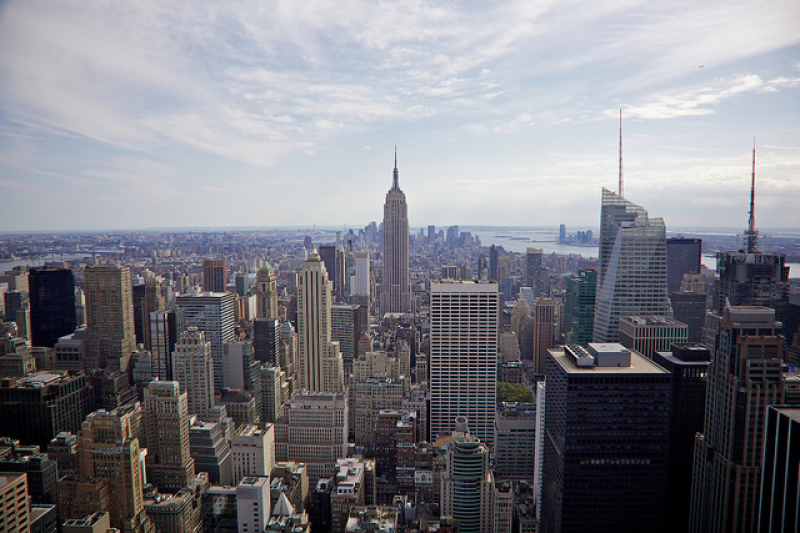
In order to make sure that the government-imposed COVID-19 regulations are observed, Mayor Bill de Blasio of New York City said this week that he will step up the efforts across the city and add checkpoints to various areas such as bridges and crossings.
Part of his heightened measure to ensure that the entire New York City abide by the COVID-19 restrictions is to implement sanctions on those who will be caught violating the order. Mayor de Blasio said in a news conference on Nov. 24 that there will be substantial penalties on anyone who defies the crackdown rules, The Blaze reported.
The New York City mayor expressed his concern on the potential increase in positive cases with increased travel going in and out of the city as the holiday season approaches. He assured the public that as travel increases, the "presence of the City of New York" will markedly increase as well, hinting at the heightened level of COVID-19 regulations enforcement that will happen in the coming days.
Non-citizens will undergo a travel quarantine that will be implemented to ensure that they do not pose a risk to anyone as they enter the vicinity. The mayor told everyone in the conference that the rules will be very clear for everyone to follow, and assured them that they will be strictly implemented.
Joining the mayor in ensuring that everyone in the city observes and follows the ramped up COVID-19 mandates is Sheriff Joe Fucito, who was entrusted with the strict implementation of the rules and execution of corresponding sanctions on violators.
Fucito acknowledged that task and laid down some important details on what New Yorkers should expect as he heads the strict implementation of the tightened COVID-19 restrictions across the city.
First, for travelers who have been out of the city for more than 24 hours, the New York State requires undergoing a COVID test within three days before arrival, followed by a three-day self-quarantine upon arrival, and another COVID test after the self-quarantine. If both tests come back negative, the traveler will be allowed to exit quarantine.
Those who travel for less than 24 hours will not need to take a COVID test before going back to the state, and won't need to quarantine. They will need to take a COVID test after 4 days, however.
Second, sheriff teams will be out "in force as the holidays approach," Fucito said. Checkpoints will be conducted at curbside drop-off bus stops, bridges, and crossings.
Those who do not comply with the travel quarantine rules will be issued orders to undergo mandatory quarantine, the Sheriff said.
Third, the sheriff will continue to concentrate on large-scale gatherings, particularly in illegal fight clubs, illegal gambling dens, as well as underground raves.
The sheriff said that by focusing on cracking down in "these types of dangerous gatherings," they might be able to "save lives."
States across the country continue to issue COVID-19 regulations as the holidays close in. California, for example, recently announced a 10 p.m. to 5 a.m. curfew in order to limit the spread of COVID-19. However, citizens believe curfews are not the solution.

























